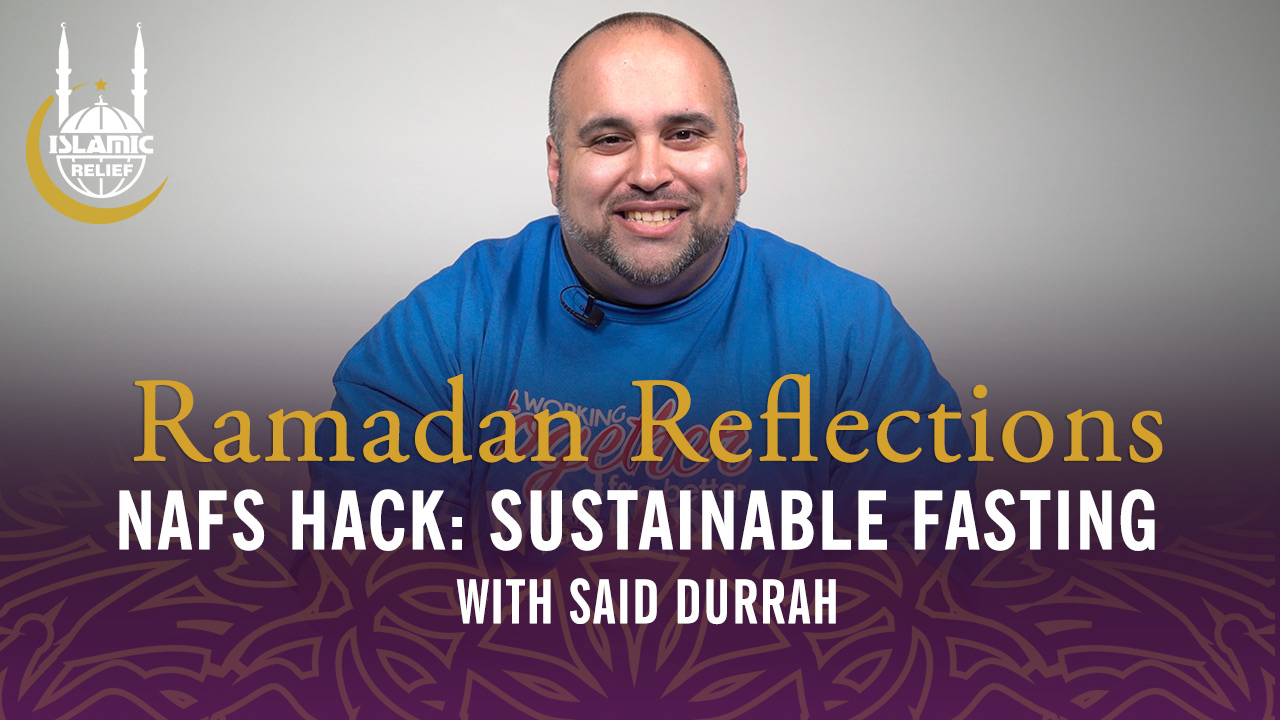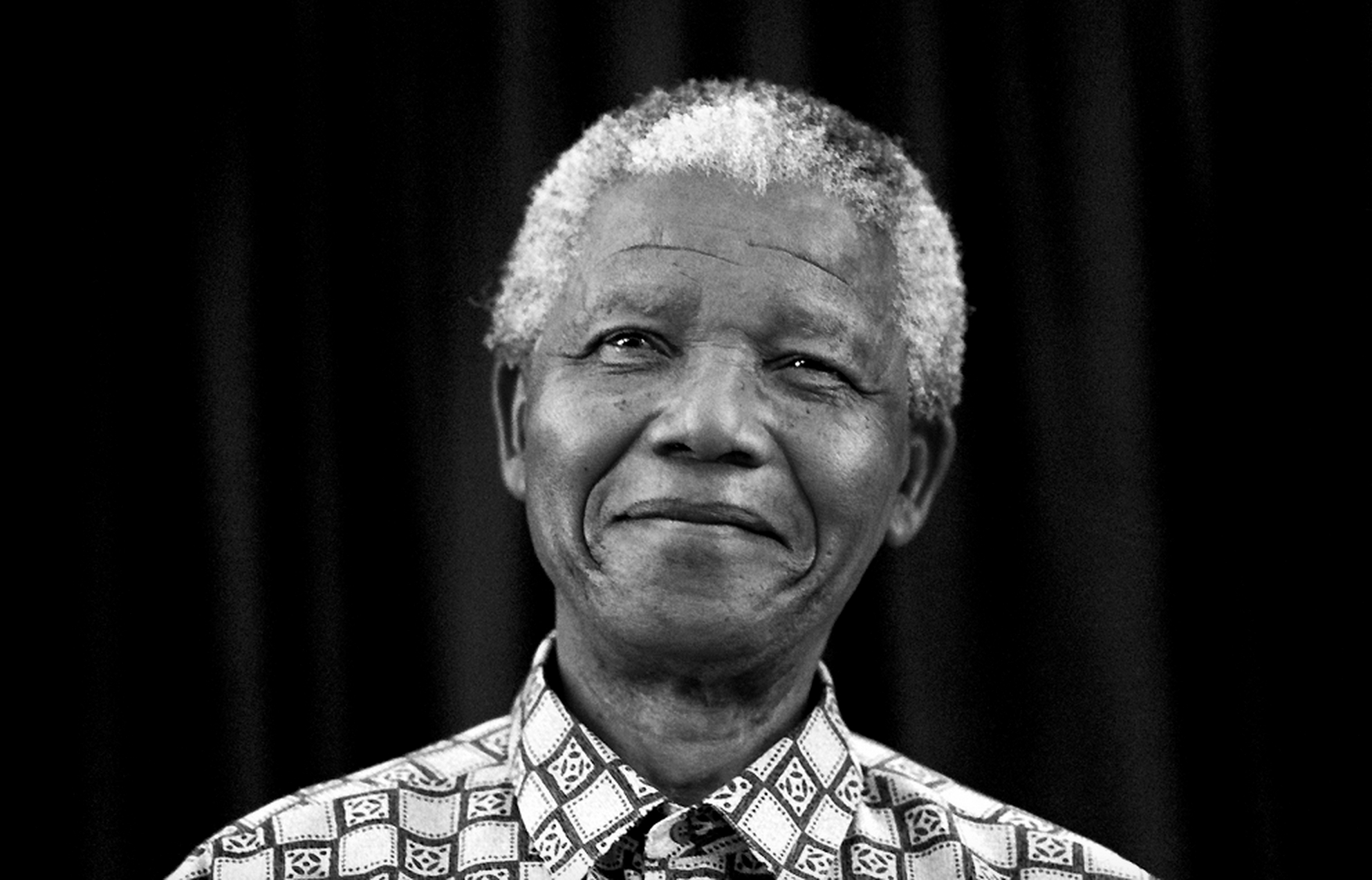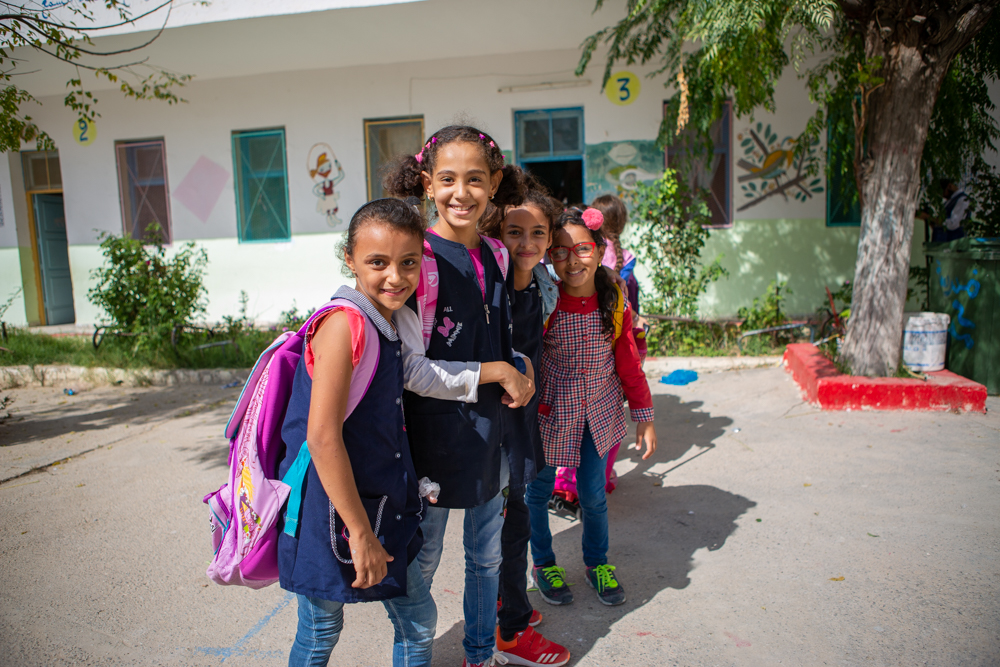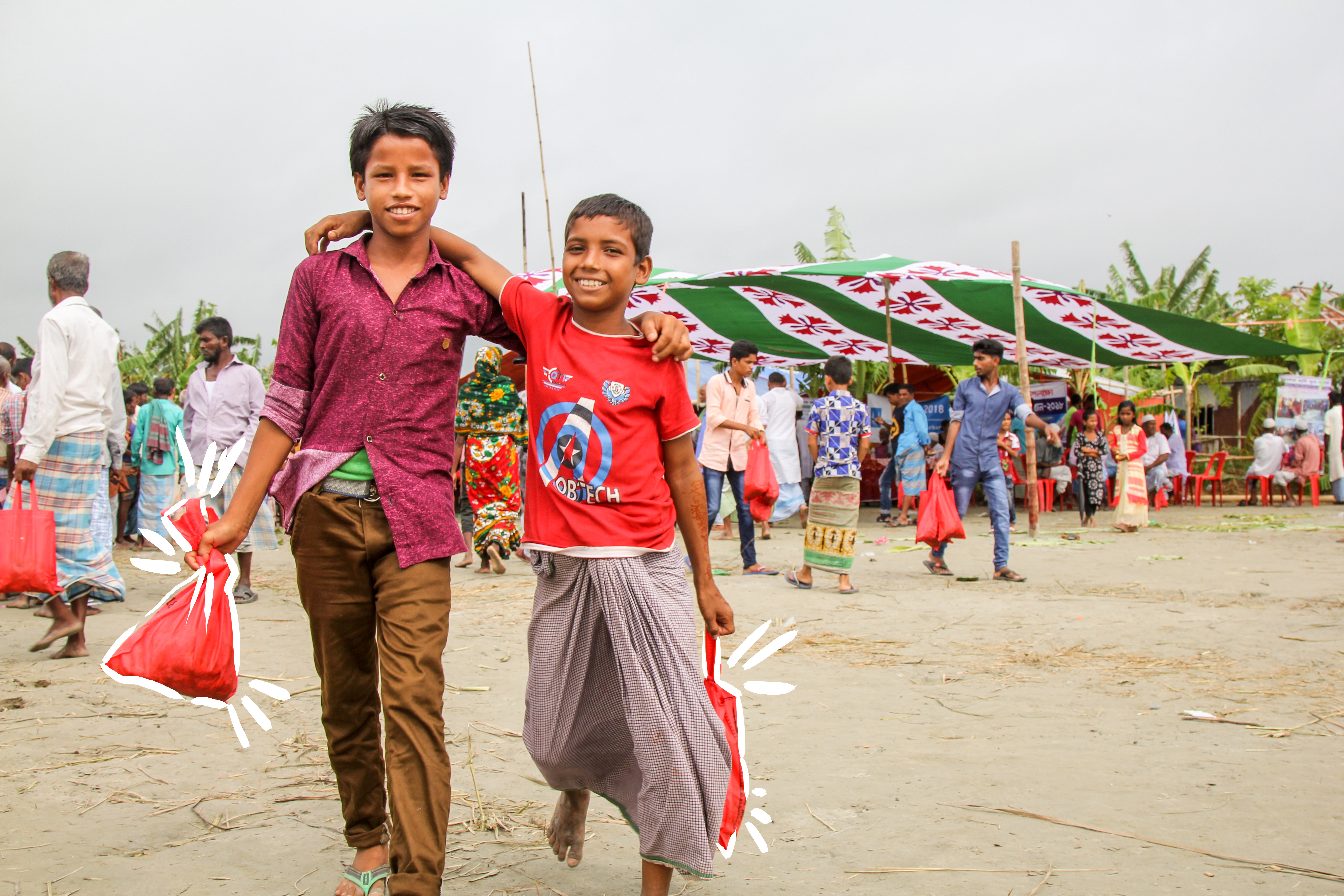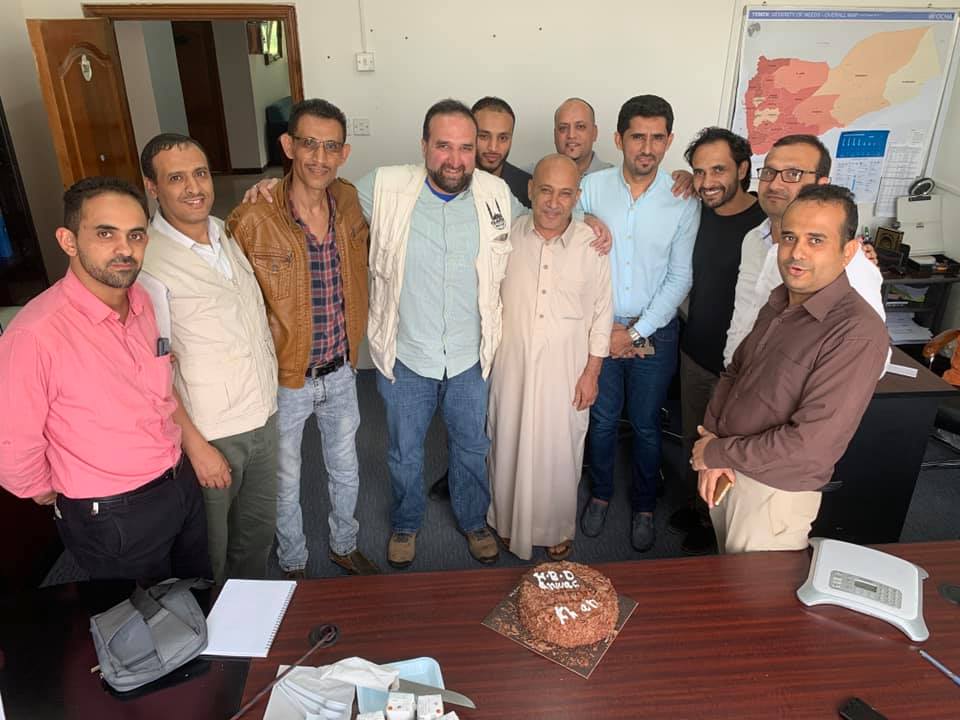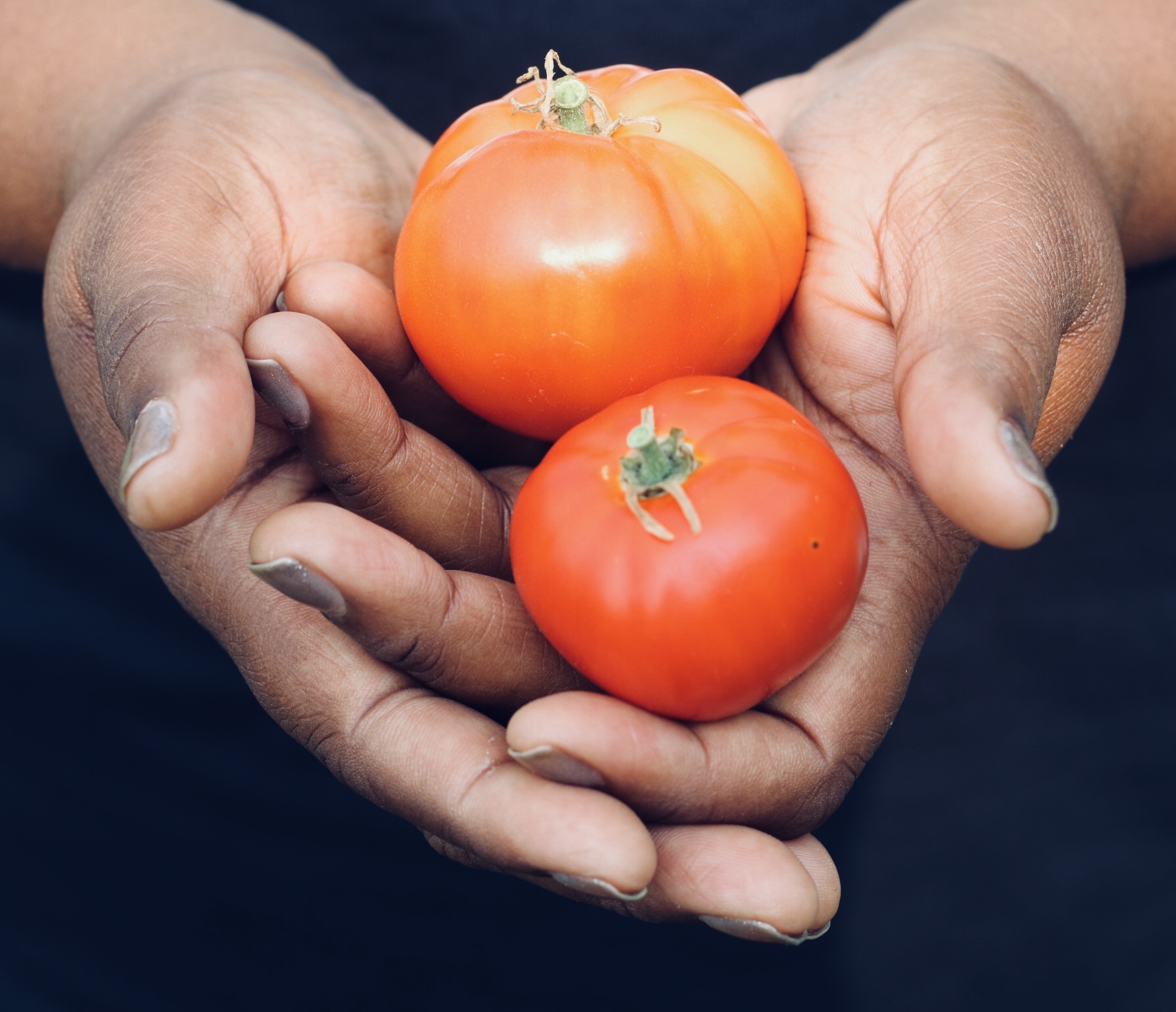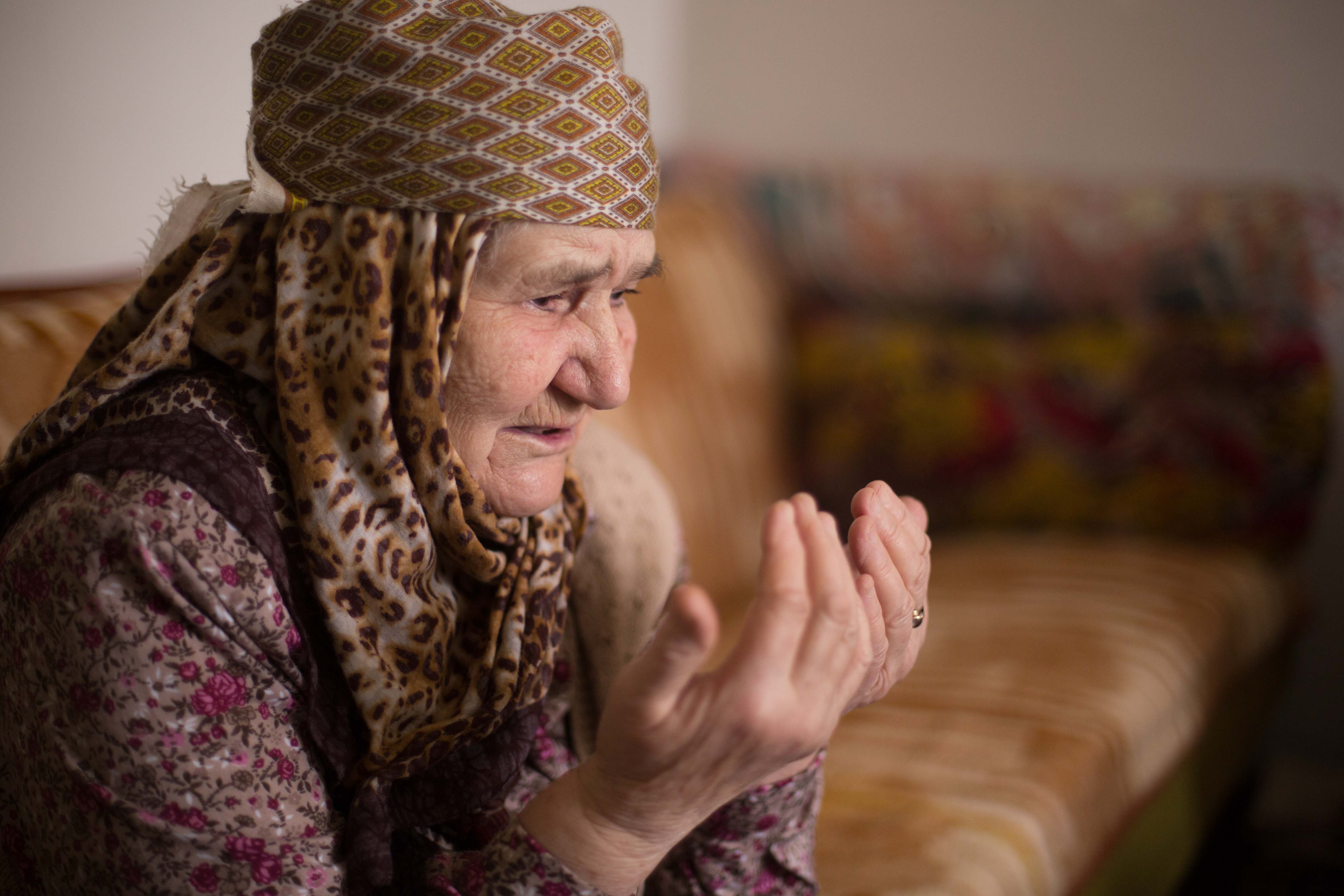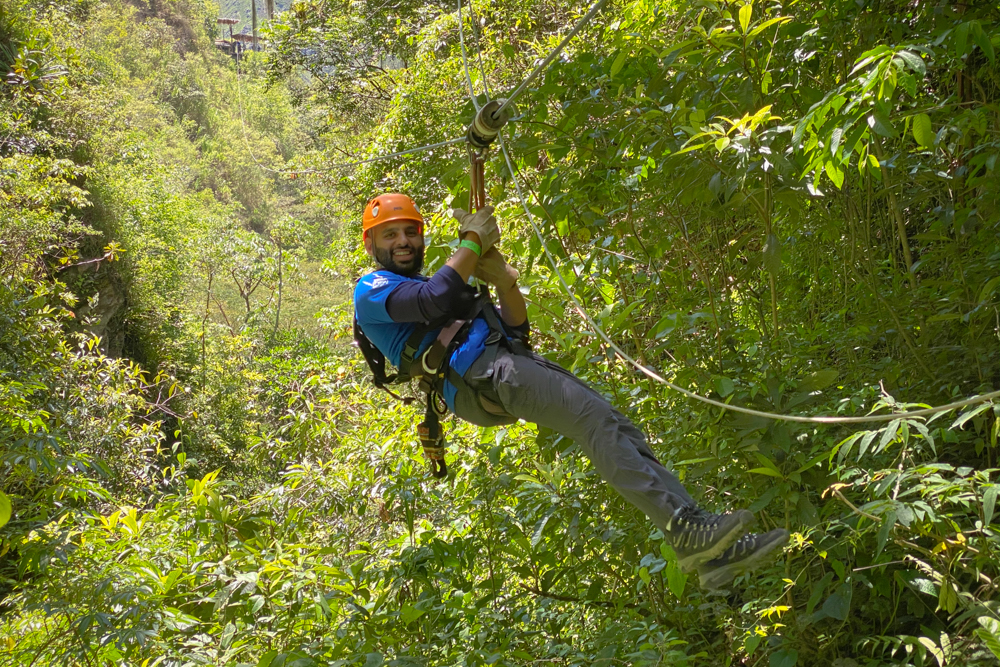-
What Will Happen to the Children?
by Christina Tobias-Nahi, Director of Public Affairs at IRUSA I have just come back from Jordan, Lebanon and Turkey with an inter-agency interfaith team tasked with looking at child protection and welfare issues of emerging concern in the region. Even though I have a background in early childhood education and vulnerable children’s issues – truly I was not prepared for what we saw. Our main takeaway was this: If there is no cessation of hostilities in Syria, the children around the region will continue to suffer like we have never seen before and the effects will be multi-generational. Not just for those fleeing Syria but for the children in the…
-
Dear Aleppo…
IRUSA’s Mayssoun Olabi is from Aleppo, Syria. In the aftermath of the recent attacks, she shares a reflection. Today I woke up with a heavy heart. My usual, happy disposition was muted by images that played over in my head, and sounds that echoed off the walls of my heart. My whole body ached. And though I was deeply upset, I needed to show the world that everything was okay. I needed to show my children. I needed to show myself. Forcing a smile on my face, I went about the morning as usual: Wake up, kids! Brush-your-teeth-comb-your-hair-get-ready-for-school. Eat your breakfast. I smiled as my 7-year-old daughter, Mariam, asked me…
-
My People of Syria — I’ll Keep Sharing Your Stories
For five years I have watched my people lose their homes and lives to war. For five years I have watched as they scattered around the world in search for safety. From country to country, refugee camp to refugee camp, year after year. For five years, in six different countries and in dozens of camps, I have witnessed first-hand the effects of war and conflict on the people from the same nation my mother, grandmother and her mother were born in—Syria. I’ve seen my fellow Syrians in Lebanon, living in makeshift homes wherever they could find, a masjid construction site, a building boiler room and a leather factory near the…
-
When I Pulled A Baby From A Sinking Raft in Greece
Abdullah Shawky is an Islamic Relief USA Disaster Response Team Member. He writes from the shores of Lesvos, Greece, where responders try to rescue as many refugees from ocean waters as possible—not all make it. Here is his heart-wrenching story: You don’t have to watch children die at sea, you just have to do something right now. Salam All, It is with a heavy heart that I write the following from Greece. Last night was by far the most terrible moment here on the Island. I say terrible because although we’ve rescued many, we lost one who couldn’t even speak. It began as a light day, as there has been a blockade…
-
With Love, From Lesbos, Greece: A Video Postcard Addressed To You
Nada Shawish is Communications Specialist at Islamic Relief USA. Have you ever wanted to go to the Greek Islands? A postcard has arrived from Greece, and it’s addressed to you from Islamic Relief USA’s CEO Anwar Khan. He’s virtually inviting you there. Watch with an open mind and heart—And see for yourself .. The Greek Islands are a place that people often go to for vacation—this is what they’re like right now: Instead of floating leisurely on calm waters, imagine traveling in dinghies and rafts unsuitable for sea travel, like this one, to try to get across the Mediterranean Sea. These people aren’t site seeing on the beach. Humanitarians have…
-
A Dua and 4 Realistic Ways to Help Syrian Refugees Now (and it’s not just about your money)
Nada Shawish is Communications Specialist at Islamic Relief USA. “People are dying and they need our help. If we cannot see that, then we have no right to look away from the consequences of inaction.” –The Independent, September 3, 2015 The world is currently in the worst refugee crisis since World War II, and most of the refugees are Syrians. More than half of them are under the age of 18. There’s a lot of work to do to remedy this massive tragedy. While leaders bicker about how they’re going to reverse a crisis that started under their noses, there’s a lot we as individuals can do to help…
-
#Sharehumanity with Islamic Relief USA on World Humanitarian Day
Nada Shawish is communications specialist at Islamic Relief USA. 19 August 2015 – There’s nothing connecting humanitarians and the world better than social media today—And on World Humanitarian Day the United Nations has launched a call to people around the world to share stories of humanitarian heroism on their social media feeds. At Islamic Relief USA, my colleagues and I are dedicating our feeds to humanitarian heroes for World Humanitarian Day—Are you? In 2015 nearly 78 million people are in need of urgent humanitarian assistance @islamicrelief #Dosomething #sharehumanity Islamic Relief USA humanitarians are tirelessly working in some of the most dangerous places in the world to reach people who need…
-
Islamic Relief USA Joins CARE to Show Human Face of Syrian Conflict
Sharif Aly is Advocacy Counsel at Islamic Relief USA There are close to 4 million Syrians living as refugees. 4 million. The number is staggering and it continues to grow. The United Nations has called the Syrian conflict, the biggest humanitarian crisis of this generation. With no end in sight and most of the media’s attention focused on military and political issues, Syrians caught in the midst of this crisis are being forgotten. Individual stories that create empathy between people are being lost. On Friday, March 27, Islamic Relief USA participated in “Life in Refuge” an event at Freedom Plaza in Washington D.C., organized by CARE and with other NGO partners…
-
IRUSA Makes Education for Syrian Children a Priority
Enas was nine years old when her and her family fled Syria more than a year ago in January 2014. Their home is now a simple tent in eastern Lebanon in one of the more than four hundred informal settlements that are scattered throughout the country.
-
Syria’s Four Years: Are You Paying Attention to Your Role?
Nada Shawish is a Communications Specialist at Islamic Relief USA. I visited Jordan and Lebanon close to the beginning. The conflict had only begun to get deadly, and I was standing in Zataari camp in Jordan. The camp was filling with people just escaping from Syria—arriving with so little, living in the desert with a flimsy tent, stifled by heat and choked by dust, with absolutely nothing but the clothes on their back. I thought then, these people might not make it. So many of these people will not be able to survive these brutal conditions. I could barely stand or breathe after just an hour at Zataari. Zataari camp…

